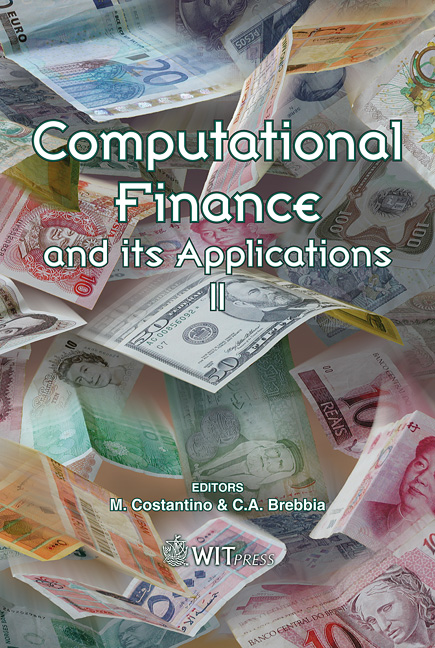An Innovative Interdisciplinary Curriculum In Financial Computing For The Financial Services Industry
Price
Free (open access)
Transaction
Volume
43
Pages
10
Published
2006
Size
411 kb
Paper DOI
10.2495/CF060061
Copyright
WIT Press
Author(s)
A. Joseph & D. Anderson
Abstract
Finance is a fast growing field in business and is among the fastest growing in scientific computing, helping to sustain economies that include those of New York City and of the United States. The dynamics of finance have enticed computer scientists, engineers, mathematicians, and physicists. This has helped in the growth of interdisciplinary fields that involve computational finance, financial computing, financial engineering, mathematical finance, and quantitative finance. While most of these interdisciplinary programs are introduced to graduate students at universities, few of them are introduced to the undergraduate students. The frequent model that includes a computer science minor and a financial major requires a finance student to be in a general computer science minor that is open to all students who satisfy the minimum requirements for the minor. This interdisciplinary model does not serve sufficiently the needs of industry and of society. The study introduces an interdisciplinary major/minor curriculum model that seamlessly integrates computer science into finance through free elective credits. The model is that of financial computing that is both discipline and industry oriented in the university. The paper of the study evaluates the financial computing model, indicating how it conforms to the needs of financial firms in industry and of society and that of the international Basel II Capital Accord. This study will benefit educators and researchers in integrating a special and timely curriculum model helpful to the financial services industry. Keywords: assessment, curriculum models, disciplinary grounding, finance, financial computing and interdisciplinary curriculum.
Keywords
assessment, curriculum models, disciplinary grounding, finance, financial computing and interdisciplinary curriculum.





